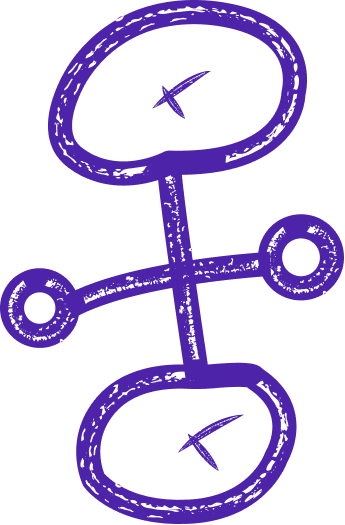
chatops
ChatOps
In today's fast-paced and interconnected world, software development teams face the challenge of effectively managing communication, collaboration, and automation. To streamline these processes and improve overall efficiency, many organizations are turning to ChatOps—a powerful methodology that leverages chat platforms as a central hub for team collaboration, task management, and real-time information sharing.
1. Introduction to ChatOps
ChatOps can be defined as a collaborative approach that integrates chat platforms, such as Slack or Microsoft Teams, with various tools and systems used in software development. By bringing together team members, bots, and automated processes within a chat environment, ChatOps facilitates seamless communication, promotes transparency, and empowers teams to take actions directly from the chat interface.
2. Streamlining Communication and Collaboration
Traditional communication channels, such as emails or project management tools, often lead to fragmented conversations and delays in information sharing. ChatOps addresses these challenges by providing a centralized platform where team members can share updates, discuss ideas, and resolve issues in real-time. This fosters a culture of open communication, encourages collaboration, and eliminates the need for constant context switching between different tools.
3. Real-time Task Management and Automation
One of the key benefits of ChatOps is its ability to integrate with various tools and systems commonly used in software development. By connecting these tools to the chat platform, teams can perform actions, trigger automated processes, and receive real-time updates—all within the chat interface. This streamlines task management, reduces manual effort, and enables teams to automate repetitive tasks, such as deployments, testing, or monitoring.
4. Increased Transparency and Visibility
In traditional development workflows, it can be challenging to keep everyone on the same page and ensure transparency across different teams or departments. ChatOps solves this problem by providing a shared space where all relevant information, discussions, and updates are easily accessible. This improves visibility into ongoing activities, enhances knowledge sharing, and enables team members to stay informed about project progress and changes.
5. Empowering Collaboration and Learning
ChatOps not only facilitates collaboration within the immediate team but also encourages knowledge sharing and learning across the entire organization. By centralizing discussions, documentation, and automated processes in a chat environment, ChatOps becomes a valuable source of information and a repository of best practices. This empowers team members to learn from each other, share insights, and continuously improve their skills.
6. Enhancing DevOps Practices
ChatOps aligns well with the principles of DevOps, a software development approach that emphasizes collaboration, automation, and continuous delivery. By integrating chat platforms with DevOps tools, ChatOps enables teams to automate deployments, monitor systems, and respond to incidents seamlessly. This tight integration fosters a culture of shared responsibility, accelerates feedback loops, and ultimately leads to faster, more reliable software delivery.
In conclusion, ChatOps revolutionizes the way software development teams collaborate, communicate, and automate their workflows. By leveraging chat platforms as a central hub for collaboration and integrating various tools and systems, ChatOps enhances transparency, efficiency, and knowledge sharing. Embracing ChatOps empowers teams to work smarter, streamline processes, and deliver high-quality software with greater speed and agility. ChatOps is a collaboration model that connects people, tools, and processes in a seamless workflow through chat platforms. By integrating chat tools with automation, ChatOps allows teams to execute tasks, share information, and make decisions in real-time without leaving the chat interface. This streamlined approach improves communication, increases productivity, and enhances visibility across the organization.
One of the key benefits of ChatOps is its ability to centralize information and actions in one place, reducing the need to switch between multiple tools and platforms. This not only saves time but also ensures that everyone is on the same page, leading to faster decision-making and more efficient problem-solving. Additionally, ChatOps promotes transparency and accountability by providing a clear record of conversations and actions taken, making it easier to track progress and identify areas for improvement.
Overall, ChatOps is a powerful tool for modern teams looking to streamline their workflows and improve collaboration. By leveraging the capabilities of chat platforms and automation tools, organizations can enhance communication, boost productivity, and drive better results. Embracing ChatOps can help teams stay agile, responsive, and competitive in today's fast-paced business environment.
Let’s build your next digital product — faster, safer, smarter.
Book a free consultationWork with a team trusted by top-tier companies.








